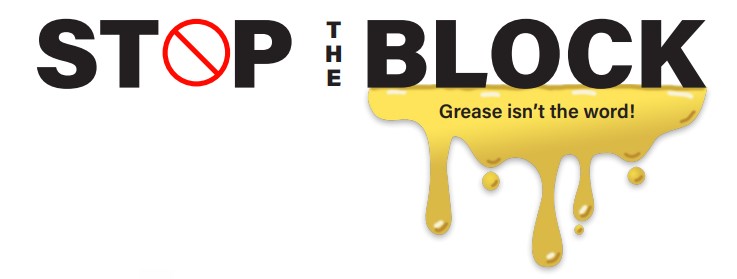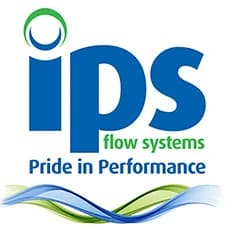
Food Service Establishments (FSE's) can be fined for disposing fats oils and grease (FOGs) into the sewer system, if it is deemed to have caused a blockage either to their property or others.
If the FOGs then make their way to a water companys assets and cause damage the fines could be large.
People may think FOGs are created by takeaways, greasy spoon cafes and other establishments serving up deep-fried deliciousness however that isn’t the case.
The fact is that working with cooking oil, butter, shortening, dairy, dough, and salad dressing equals grease.
From fish shops to restaurants, all eating establishments have potential to send quantities of FOGs into the drains where they can seriously damage our sewers.
FOGs can enter a plumbing system from many sources,
- cooking equipment
- dishwashing areas
- floor cleaning
- equipment sanitation.
Solids and leftover food, when combined with any oil or grease they may contain can also build up in drains and cause blockages over time. Best practice is to stop them from making their way into the drains in the first place.
Disposal of solids is the easiest part to control.
Business owners should work with their staff to ensure they know that all food scraps must be scraped into dedicated bins.
This includes anything left on plates, but also pans, platters, and utensils.
KEY POINTS
- install a grease separator in your business if you are a food service establishment.
- scrape waste from plates directly into bins
- do not flush unflushables including wet-wipes, sanitary products , nappies, make up pads/wipes.


